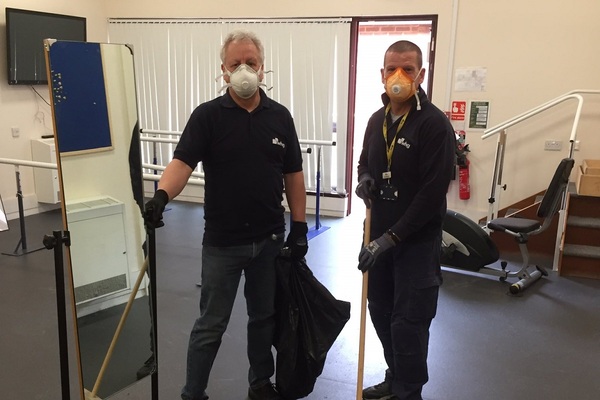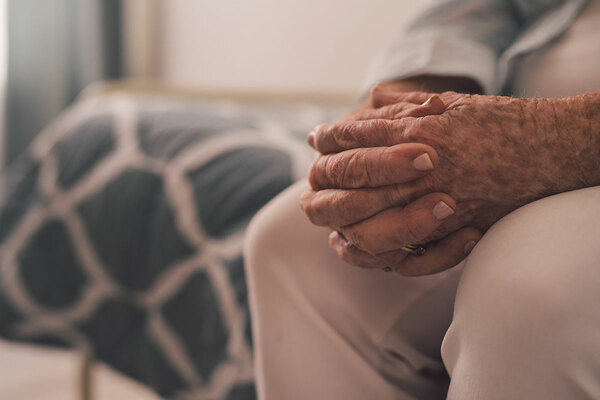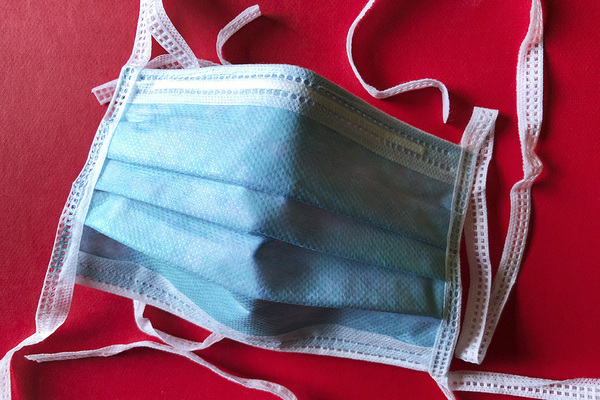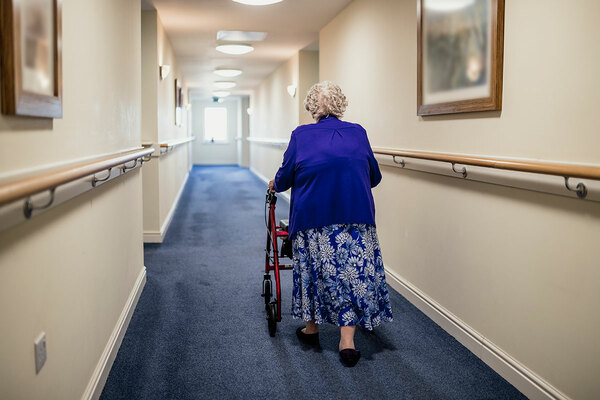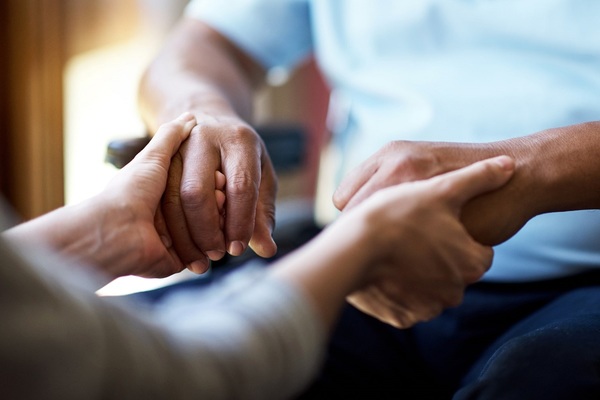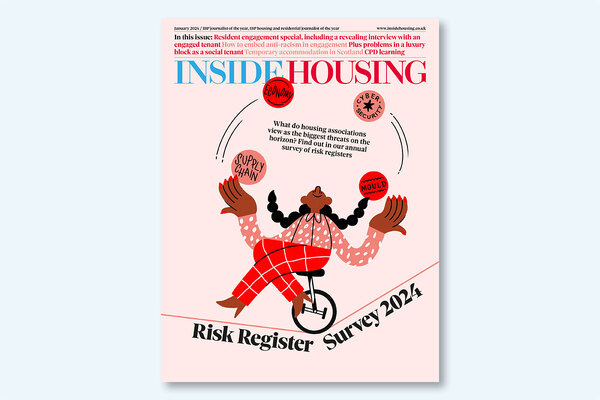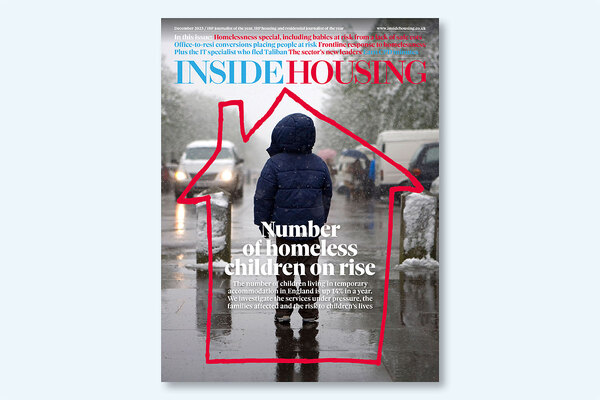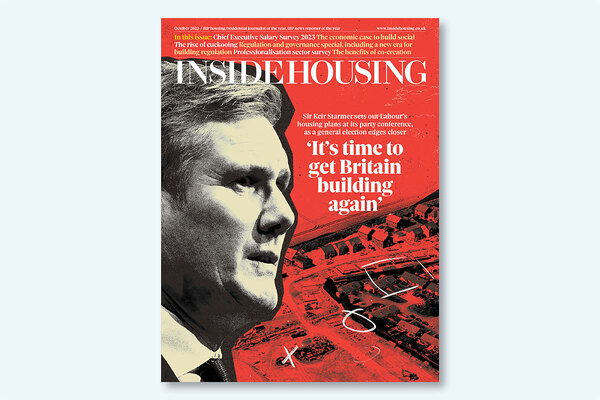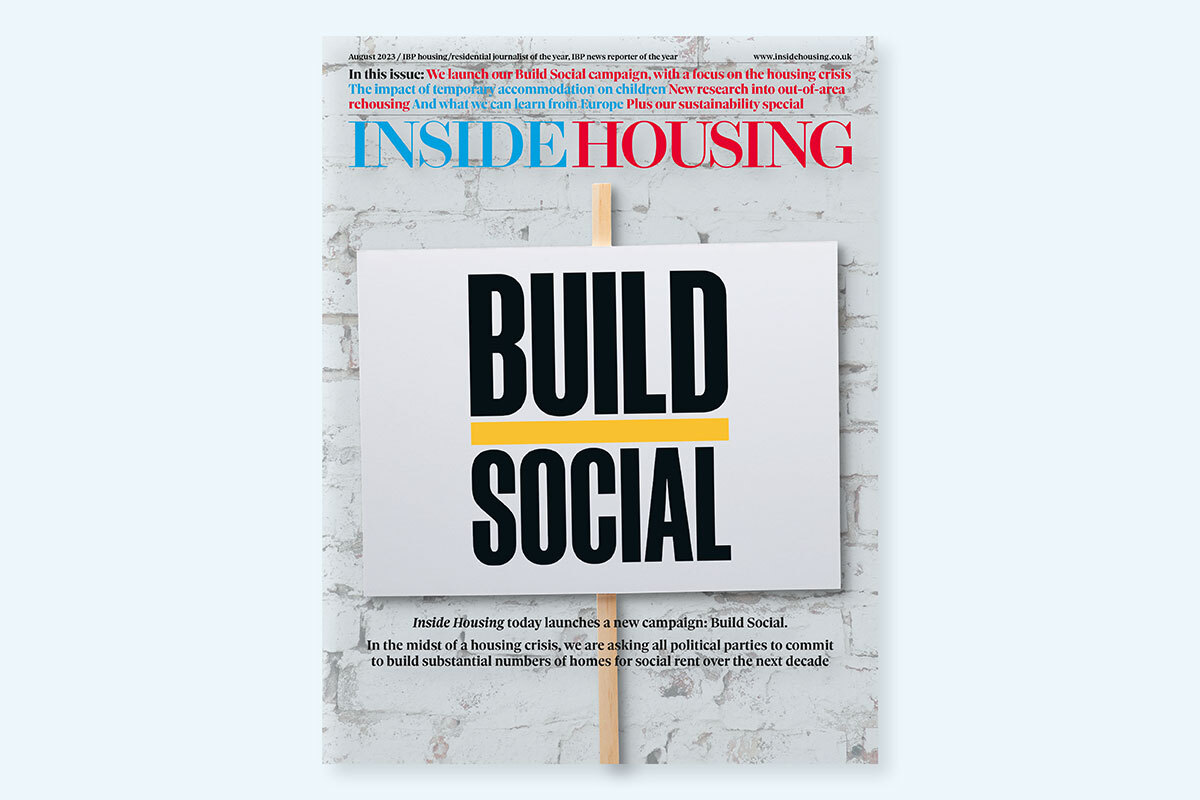You are viewing 1 of your 1 free articles
 Chris Hampson
Chris HampsonChris was appointed Look Ahead’s Chief Executive in January 2015 after 15 years at the organisation, including time as both a Director ...more
Social care is the fourth emergency service. Our staff must have adequate access to PPE and testing
Our staff are doing an incredible job in tough circumstances during the lockdown. But they require personal protective equipment and access to testing to keep doing it, writes Chris Hampson
The three-week extension of lockdown announced last Thursday had a grim inevitability about it.
While COVID-19 is undeniably impacting far and wide, as a support and care provider we are seeing real and significant effects on the vulnerable groups, ones that are likely to last far beyond the next few weeks.
We look after some of the most vulnerable people in our communities – around 7,000 people each year. They show us vividly that vulnerability is not the preserve of older people.
Some are young people leaving care, some are people with learning disabilities, some have recently been homeless. Many have mental health problems. A significant number will also have underlying physical conditions, making them even more vulnerable to COVID-19.
And we know that the rules on social distancing are proving particularly hard for these groups to follow. Most of our service users don’t have other support networks to help them through this period; often we are their only source of support. Lockdown, while clearly necessary, risks isolating them further.
Our own work would usually be about providing routine, structure and social contact – some meaningful activity and, for some, even a reason to get up each morning. Support is very much about relationships and social contact. But with support now having to operate at a social distance, this is creating considerable challenges for many within our services.
Our staff are showing real creativity in how they are adapting to this new world and engaging with people differently, to ensure no one is left behind. However alongside the heightened anxiety this crisis is causing, these circumstances will inevitably have a significant impact on the mental health and recovery of the most vulnerable.
We have heard much in the past few days – and we will sadly hear much more – about the spread of COVID-19 in care homes for older people, with lethal effects among very vulnerable residents. The government has been trying to respond with promises of more personal protective equipment (PPE) for those looking after this very fragile group.
What is not yet clear in the public discussion is that – just as care is not just about older people – the need for staff protection also goes well beyond strictly care homes and services for older people.
Our support workers are on the frontline of the nationwide struggle to get adequate PPE; there continue to be real struggles. We have brought in a number of new measures, including supplies of essential hygiene and cleaning items, mandatory infection control training and regular briefings about how best to support people in line with the latest government and Department of Health and Social Care guidance.
However, our services continue to need PPE and urgently. But the supply picture remains fragmented and looks very different across the several areas in which we work. This remains one of our most significant challenges.
The second main challenge we face is testing for our support and care workers. We have instigated checks on our workers to ensure anyone displaying symptoms doesn’t go to work, but as many as six in 10 people infected with coronavirus could be unaware they have it.
“There currently seems to be somewhat of a postcode lottery in terms of what is available to our staff, where and from whom”
The only way to know for sure if you are virus-free is to be tested. To date only a few hundred social care workers in the UK have been tested for the virus. The sector is flying blind. Our ability to give care and support workers protection, and our capacity to give service users much needed structure and support, hangs on the capacity to test people for the virus. No wonder the World Health Organization implores us to “test, test, test”.
Yet there currently seems to be somewhat of a postcode lottery in terms of what is available to our staff, where and from whom.
The national effort on coronavirus is critical for protecting the NHS. In turn, the strength of the NHS depends heavily on the strength of the social care sector.
Social care for all ages and all needs must be adequately resourced and seen as part and parcel of the national service. That means more than a rebrand and a new badge. It means treating our staff as frontline workers in all respects and ensuring we are including the whole range of providers across the care and support sector in emergency planning from the outset.
Amid these challenges, our staff continue to turn up day after day, prioritising the needs of the most vulnerable and showing unrelenting dedication and commitment.
While the continued lockdown is without question vital to protecting the NHS and saving lives, we must not forget the disproportionate impact these difficult weeks will have on the most vulnerable, or the staff who support them.
As the fourth emergency service, it is the care and support sector that will be there picking up the pieces for a long time to come.
Chris Hampson, chief executive, Look Ahead
